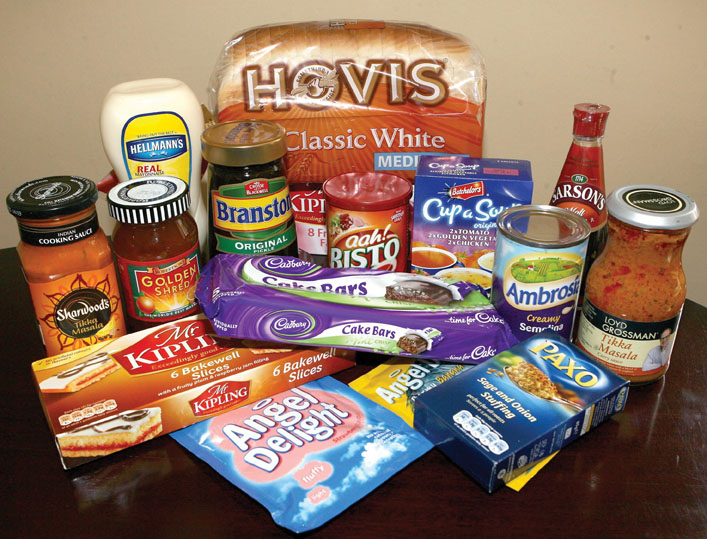Household Bills
Low income households hit hardest by rising food prices

The rising cost of staples such as pasta, tea and bread is leaving the most vulnerable households the worst off, according to a report by the Office for National Statistics (ONS).
The ONS found that about half of UK adults report buying less when food shopping this year, with lower income households hardest hit by rising food costs. Concerns over Christmas food prices are also far higher than last year.
Overall inflation including housing costs (CPIH) fell from October to November 2022, but the cost of food and non-alcoholic drinks has continued to rise.
The most vulnerable appear to be the hardest hit, with 61% of those in the most deprived areas buying less food compared with last year, as opposed to 44% in the least deprived areas, according to the ONS’s public opinions and social trends data.
More than four in five (81%) adults reported to the Food Standards Agency (FSA) that they were concerned about the cost of food during Christmas and New Year – up from 62% in the same period last year.
Food and drink inflation up by 16.5%
Rising food prices may even have a knock-on effect on health, with nearly a quarter (23%) of survey participants saying they skipped or reduced the size of a meal because they could not afford to buy food, according to the FSA.
Overall inflation including housing costs (CPIH) decreased from 9.6% in October 2022 to 9.3% in November 2022. But despite this, food and non-alcoholic drink inflation rose by 16.5% in the 12 months to November 2022.
Price rises for food and non-alcoholic drinks are having the greatest effect on record when it comes to driving up the overall inflation rate, with a 1.51 percentage point contribution in November 2022, the largest contribution since the start of the National Statistics series in 2006.
Oliver Rust, head of product at Truflation, says: “Throughout 2022, soaring food prices have been among the key contributors to runaway inflation in the UK. As the year draws to a close and with the Christmas holiday here, reported food inflation in the UK has risen at its fastest rate in 45 years.
“At Truflation, we believe food prices will abate with the coming of spring 2023, as long as we don’t see yet another crisis on the horizon. However, it will be a bleak Christmas and winter for UK families and those struggling to make ends meet. Festive celebrations are likely to be muted this year as a result.
“As both food and energy inflation continues to weigh on the UK, there are no quick fixes for the UK government, with its finances already stretched by the pandemic and higher government borrowing costs due to higher interest rates. While the concessions offered in the Autumn Statement may provide momentary relief, there is more pain to come before the economy can return back to normal.”